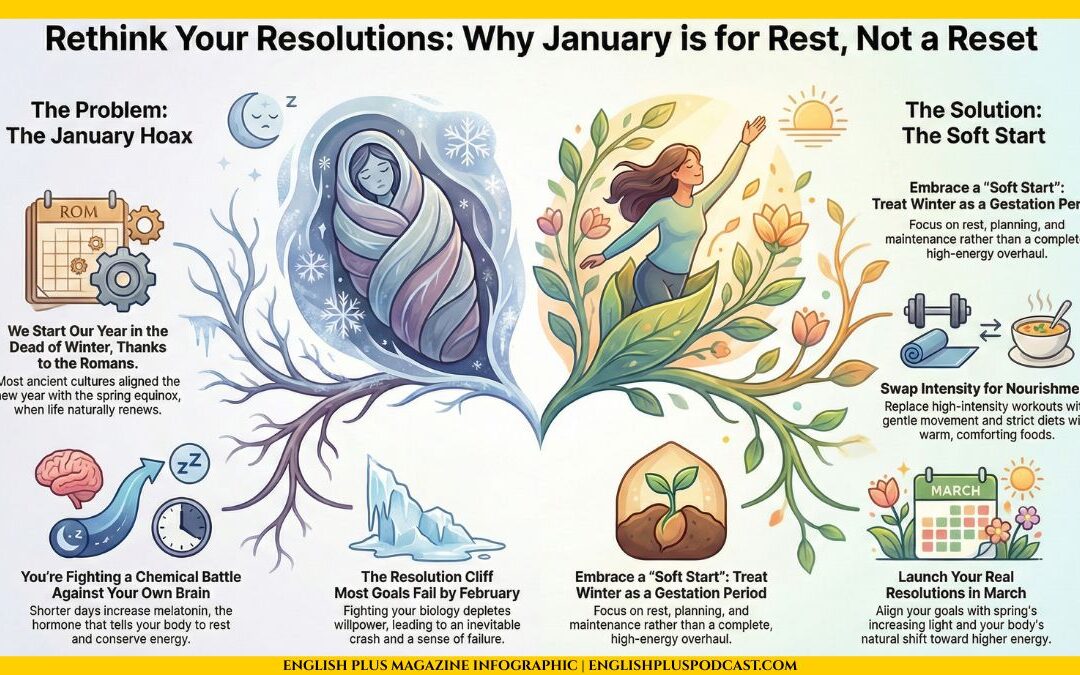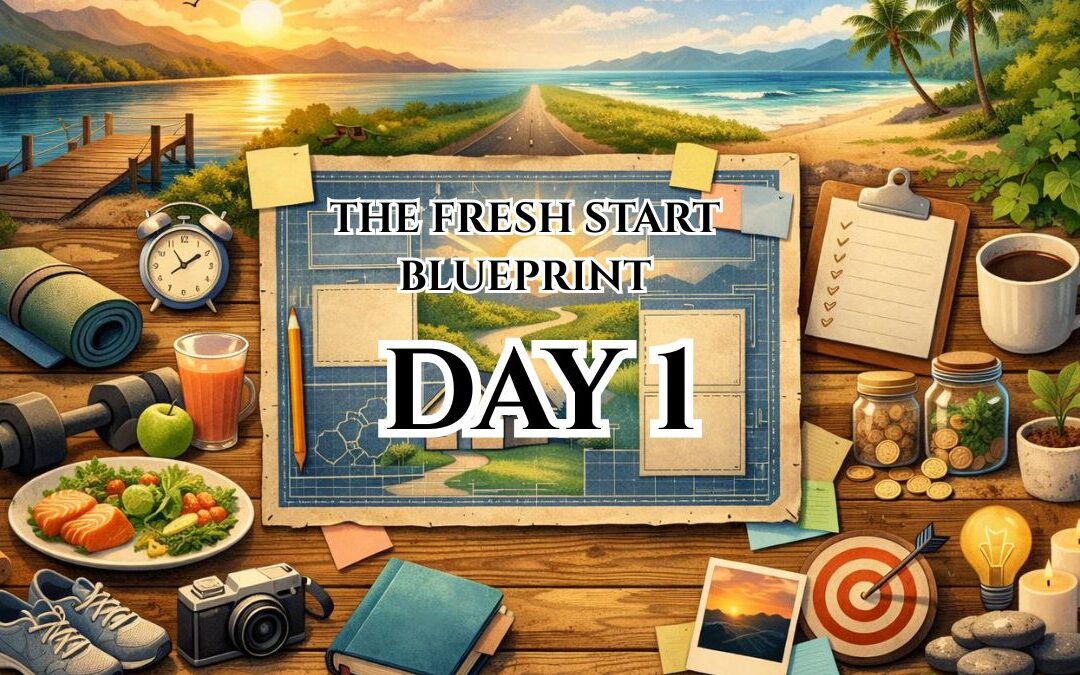“Enough”: A Word with Many Roles
The seemingly simple word “enough” can take on different grammatical functions in English, adding nuance to your sentences. Let’s explore its various uses and how to apply them correctly.
1. “Enough” as an Adjective
When “enough” modifies a noun, it acts as an adjective, meaning “as much as needed.” It comes after the noun it modifies.
- Examples:
- “Do we have enough flour for the cake?”
- “I’ve had enough time to finish this project.”
2. “Enough” as an Adverb
When modifying an adjective or another adverb, “enough” acts as an adverb, meaning “to a sufficient degree.” It comes after the word it modifies.
- Examples:
- “The house is big enough for our family.”
- “Sadly, she doesn’t sing loudly enough.”
3. “Enough” as a Determiner
“Enough” can act as a determiner, meaning it quantifies a noun. This typically happens when there’s another word (like “of”) between “enough” and the noun:
- Examples:
- “I’ve had enough of this nonsense!”
- “Have you seen enough of the city yet?”
4. “Enough” as a Pronoun
On its own, “enough” can function as a pronoun, meaning it stands in place of a noun phrase.
- Examples:
- “I’ve had enough for today.” (Enough of something is implied)
- “Is that enough?” (Enough of a specific item is implied)
Key Points to Remember
- Position: Depending on its role, “enough” can come before or after the words it modifies.
- “Enough of”: Use “enough of” before a noun when you have a specific determiner in mind (e.g., Enough of your complaints. Enough of this rain.).
The Takeaway
Understanding the different ways “enough” functions in English adds clarity and precision to your writing and speech. Practice using it in various contexts, and soon this little word will pack a powerful punch in your vocabulary!










0 Comments